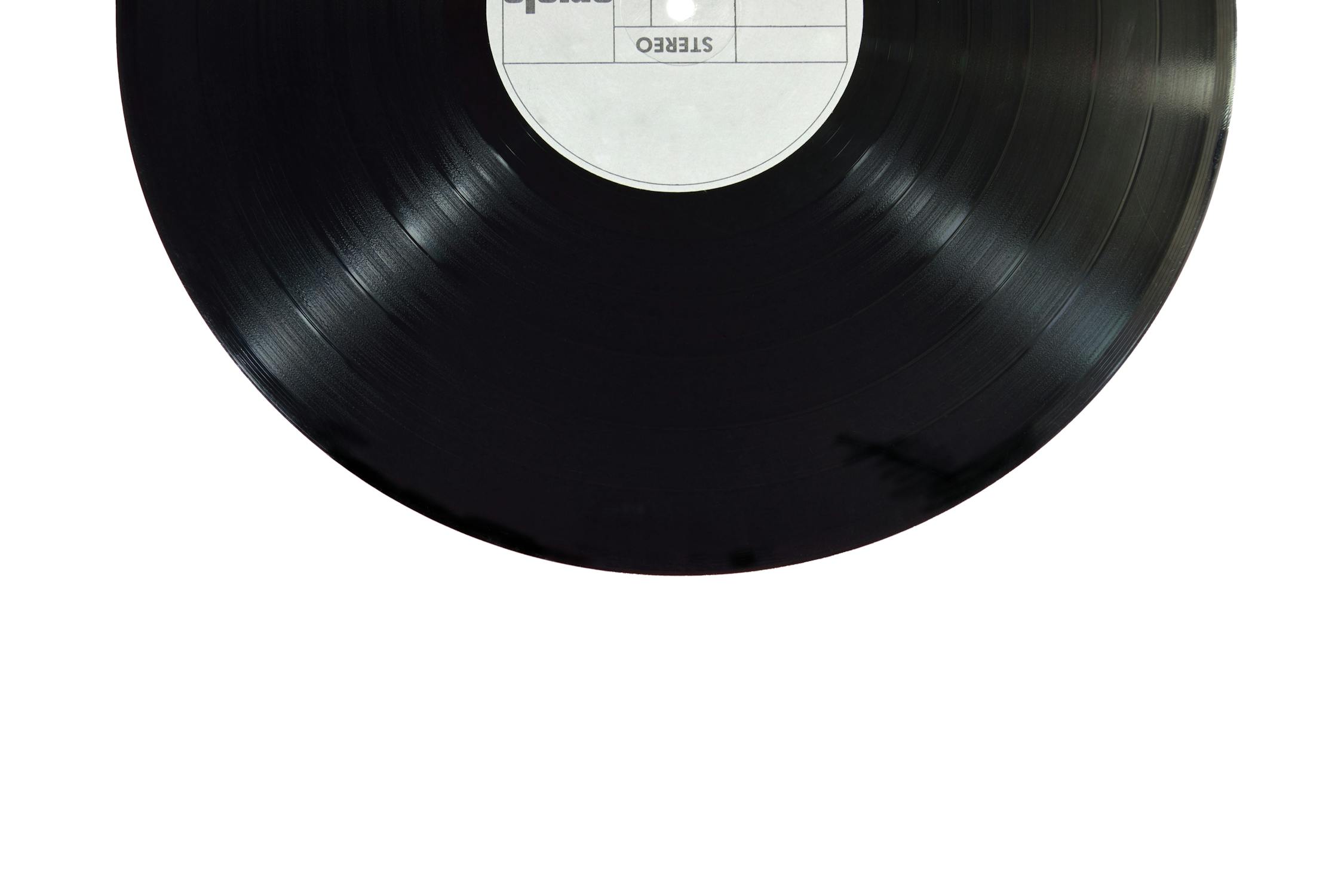Hard KrypTIPS #1:
Intro To Music Publishing Part 1: Recording vs Composition
As a music industry professional I work daily with the rights of artists, producers, publishers, writers, and anyone else who controls a music copyright and looking to get paid. One of the most common things I find is how few recording artists, producers, and fellow industry professionals lack the knowledge about music publishing.
Disclaimer: For sake of clarity, what we will be discussing is based on how things work in the U.S., unless otherwise noted. Like most topics, the amount of information can go deep and the details change from country to country. Unfortunately, since I want to help give “insight”, I can’t easily cover it all without numerous side notes, boring overly detailed explanations, and an annoying amount of rest stop breaks that ruin all road trips. Also, for simplicity, I’ll be using terms in a basic, straightforward way. I don’t want to confuse anyone who is just dipping their feet into these topics. Keep in mind there are exceptions, dual meanings, and so on for many terms used once you are more familiar with the subjects.
So, this “composition” you speak of: what is it?
Let’s start with the basics of a “song”. When I teach on the subject, the way I explain to individuals is that you have two components:
1) the recording (also called the master): the audible part of the product.
2) the composition: the underlying written work.
The recording is likely what most think about when using the word “song”. The thing you hear when you flip on the radio in the car or push play on your CDJ at a gig. Easy, right? Now, what lies deep within that recording are the notes drawn on a stave (staff); the notes, sharps, flats, and so on. Perhaps imagining sheet music that sits in front of a pianist. On that paper is the composition! Sadly, this little old friend is frequently left in the cold. Too often forgotten about and lost wandering the streets hanging out with the bad crowd. So, let’s change that!
One way you can think about it is by remembering that a composition can live without a recording but never can a recording live without a composition! Another way to look at it is that you can write a composition, but you can’t write a recording.
Let’s look at it from the point of view of a music producer and assuming all elements of your new song are completely original (i.e. no samples, no replaying portions of another writer’s original material). The moment you launch your DAW (Cubase, FL Studio, Ableton, etc.) and begin putting together notes on screen you are now a writing a composition. This immediately gives you the prestigious title of “songwriter” or if you want to be fancy “composer”! Many producers forget this part because they are focused on the recording being created. You record, mix, master, and solicit the recorded work to a label or to another artist (such as a singer or MC) who in turn will use it as their music bed with their vocal contribution. But did you remember that you also wrote a composition? Well – you did!
VS
Why is this important?
This is important because besides creating a new and original recording, you are creating a new and original written piece of music. We’re back to realizing the two components of a song: your recording and your composition. To add: each of these components carry their own copyright beginning at the time of its creation. More on that hopefully in a future article.
So now what?
The most central piece to remember here is that you have two pieces when creating a “song”. Each carries their own importance and specific types of royalties. The unfortunate fact that the composition portion is forgotten about will affect the income made by an individual creating music. A lengthy topic itself so more on those revenue streams later!
Until next time!
 About the author: Howard Grene (or as he’s known to only himself: “How Hard”) is a hardcore DJ/producer from New York who co-founded the hardcore label Hard Kryptic Records and its parent company Hard X Music in 2006. His two decades in the music industry has seen him work across different areas with a specialization in royalties, licensing, and music publishing. This has gained him enough knowledge to rudely start many sentences with “aaaactually….” when speaking about “the biz”. He has not been invited to many social gatherings because of this.
About the author: Howard Grene (or as he’s known to only himself: “How Hard”) is a hardcore DJ/producer from New York who co-founded the hardcore label Hard Kryptic Records and its parent company Hard X Music in 2006. His two decades in the music industry has seen him work across different areas with a specialization in royalties, licensing, and music publishing. This has gained him enough knowledge to rudely start many sentences with “aaaactually….” when speaking about “the biz”. He has not been invited to many social gatherings because of this.







